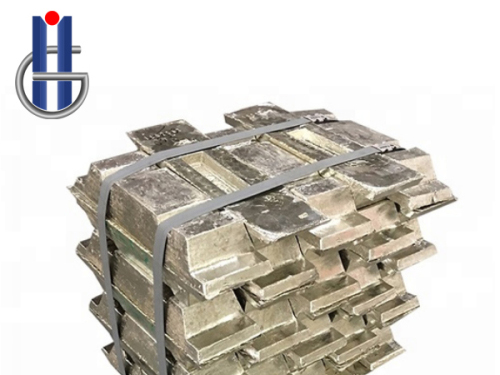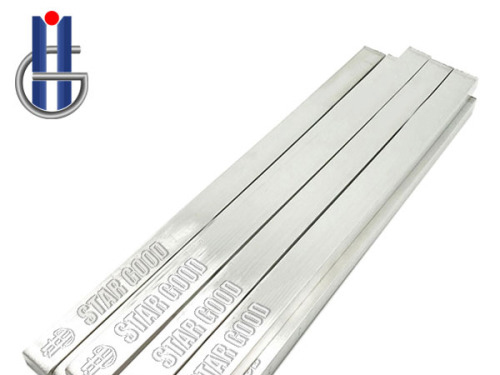In the fields of electronics manufacturing and welding,
lead alloy solder wire is highly favored for its superior performance and widespread applications. This article will delve into the characteristics, advantages, and diverse applications of lead alloy solder wire, aiming to provide readers with a comprehensive understanding of this essential welding material.
Excellent Thermal Conductivity: Lead alloy solder wire exhibits outstanding thermal conductivity, ensuring even heat transfer during the welding process, thus enhancing the quality and stability of solder joints.
Good Fluidity: Due to its alloy composition, lead alloy solder wire demonstrates excellent fluidity, allowing it to fill and wet the welding surface effectively, ensuring a strong and reliable bond at the solder joints.
High Purity Material: Lead alloy solder wire is typically made from high-purity lead alloys, reducing impurities that could affect the welding process and enhancing the reliability and stability of solder joints.
Low Splattering: During welding, lead alloy solder wire displays low splattering, reducing the complexity of welding operations and improving production efficiency.
Advantages of Lead Alloy Solder Wire
Reliable Welding Quality: The exceptional performance of lead alloy solder wire ensures reliable welding quality, enhancing the stability of connections for electronic components and reducing maintenance costs.
Wide Applicability: Thanks to its excellent thermal conductivity and fluidity, lead alloy solder wire is suitable for welding various electronic components, including circuit boards, chips, connectors, and more.
Environmental and Standards Compliance: High-purity lead alloy solder wire typically complies with environmental standards, making the welding process more eco-friendly while meeting industry regulations and standards.
Applications of Lead Alloy Solder Wire
Electronics Manufacturing: Lead alloy solder wire finds extensive use in electronics manufacturing for soldering circuit boards, encapsulating chips, and connecting various electronic components.
Communication Equipment: Due to its outstanding welding properties, lead alloy solder wire is common in the manufacturing of communication equipment, ensuring stable connections and efficient operation.
Automotive Electronics: In the field of automotive electronics, lead alloy solder wire is employed for welding circuit boards and various electronic control units, ensuring the reliability of automotive electronic systems.
Conclusion
Lead alloy solder wire, with its outstanding performance and wide-ranging applications, stands as an indispensable welding material in the electronics manufacturing and welding industries. Understanding its characteristics, advantages, and applications in different fields helps manufacturers and engineers make informed choices, ultimately improving product quality and production efficiency.


 High Purity Tin Ingot: Crucial Applications and Benefits
High Purity Tin Ingot: Crucial Applications and Benefits
 Pure Tin Ingot: Essential Material for Diverse Industrial Applications
Pure Tin Ingot: Essential Material for Diverse Industrial Applications
 Unlocking the Potential of Pure Tin Bars: Essential Components for Diverse Industries
Unlocking the Potential of Pure Tin Bars: Essential Components for Diverse Industries
 Lead Bar for Sale: Uses, Specifications, and Buying Considerations
Lead Bar for Sale: Uses, Specifications, and Buying Considerations